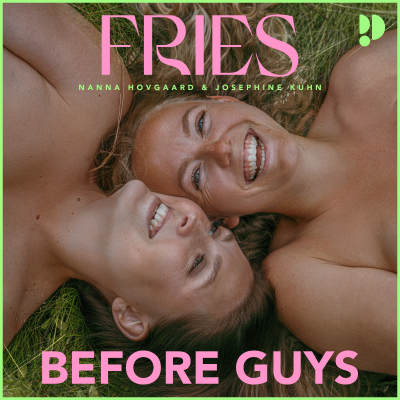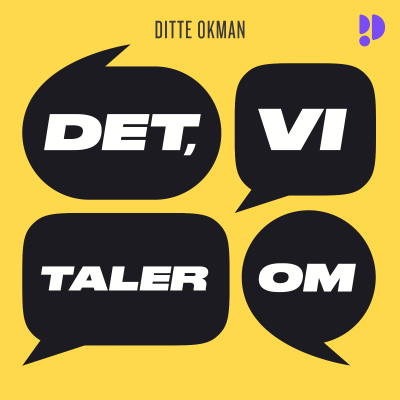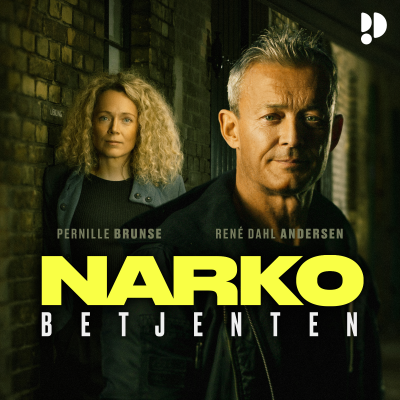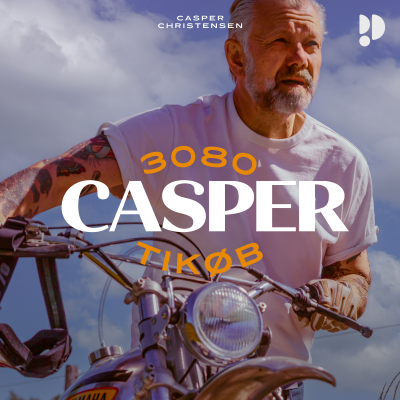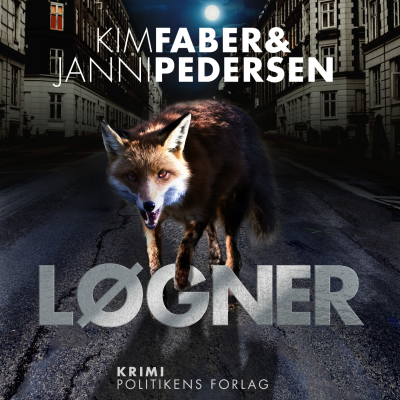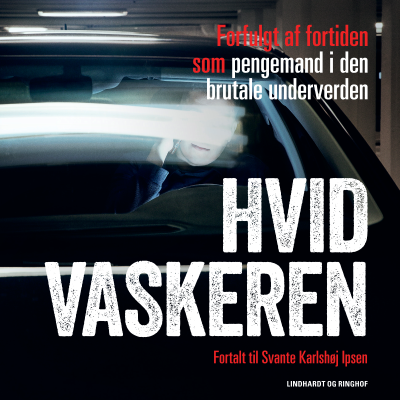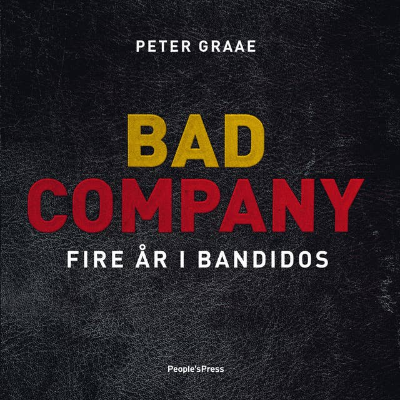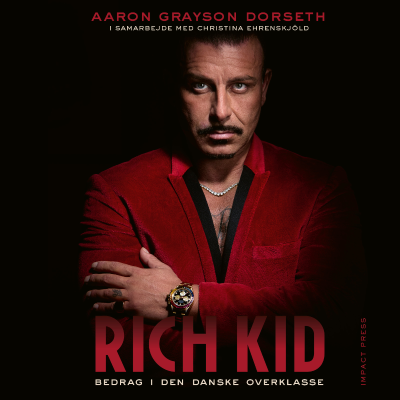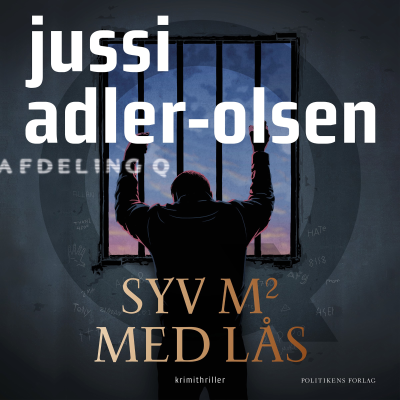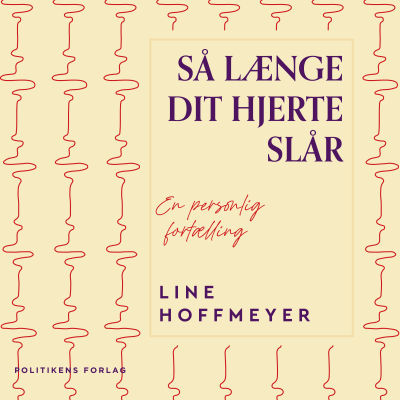
The Tuple Podcast
Podcast by Ben Orenstein
This podcast is free to listen on all podcast players and the Podimo App without a subscription.
All episodes
9 episodesBen and Adam Wathan cover the development and reimagining of Tailwind CSS, focusing on the release of Tailwind 4.0. They delve into the motivation behind the rewrite, the challenges faced, and the approach to maintaining backward compatibility. The conversation covers topics related to software versioning, open-source maintenance, backward compatibility, the use of Rust in Tailwind, testing strategies, and the future of Tailwind as a business. Links Tuple.app (https://tuple.app [https://tuple.app/]) - The best app for pair programming Tailwind CSS (https://tailwindcss.com [https://tailwindcss.com]) - The CSS framework Adam created Key Takeaways * Rewrites can lead to a cleaner, more maintainable codebase. * Accurate problem modeling can lead to the emergence of new features and benefits. * The approach to backward compatibility involves making it easy to upgrade to the new version rather than simply making the old version work. Chapters * (00:00) - Introduction and Background * (00:35) - Windows Version Launch and Guest Network * (01:24) - Rewriting Tailwind: Philosophy and Execution * (03:42) - Ben’s Static HTML Website Idea * (09:06) - Re-imagining Tailwind with Tailwind 4 * (20:49) - Challenges and Solutions in Tailwind Development * (32:45) - Rust Components in Tailwind 4 * (35:41) - Tailwind 4 Goals and Achievements * (40:22) - Testing and Quality Assurance in Tailwind 4 * (46:38) - Tailwind 4 Release * (49:54) - The Tailwind Origin Story * (52:24) - Business Strategies and Open Source Impact
Ben and Matt discuss the role of a product engineer and Matt's journey as a content creator. Matt shares his experience working at a consulting agency and how it shaped his perspective on engineering. They also discuss the benefits of working in-person and the importance of the quality of coworkers. Matt reflects on his motivation for content creation and how it ties into his competitive nature. They touch on the changing landscape of content creation and the value of posting code snippets, and about Matt's experience getting hired at Arrows through Twitter and the value of demonstrating competence through content creation. They touch on the longevity of Ben's Ruby talk and the elements that make it stand out. Links Tuple.app (https://tuple.app [https://tuple.app/]) - The best app for pair programming Arrows.to (https://arrows.to [https://arrows.to]) - An app for collaborative customer onboarding that Matt works on Boring Rails (https://boringrails.com [https://boringrails.com]) - Where Matt shares boring tools and practices to keep you as happy and productive YAGNI (https://yagni.fm [https://yagni.fm]) - The podcast where Matt and look at software practices and tools and ask: "do we need it?" Key Takeaways * A product engineer is someone who writes code, cares about design and user experience, and is responsible for the end-to-end delivery of a feature. * Working at a consulting agency can provide valuable experience by exposing developers to a variety of projects and domains. * Content creation can be a way to contribute back to the community and establish oneself as an expert. * Demonstrating competence through content creation can help in the hiring process. * Long-lasting talks focus on practical ideas and good object-oriented design principles. Chapters * (00:00) - Introduction and Matt's Role as a Product Engineer * (07:11) - The Benefits of Working at a Consulting Agency * (09:34) - The Importance of Quality Coworkers * (13:41) - The Motivation for Content Creation * (18:54) - The Value of Posting Code Snippets * (24:03) - Packaging Content as an Event * (26:40) - Demonstrating Competence through Content Creation * (32:05) - Long-Lasting Talks: Practical Ideas and Object-Oriented Design * (38:39) - 'Nathan for You': Creative and Mischievous Problem-Solving * (41:30) - Unconventional Advertising: Selling Ads on the Penny * (44:29) - Thinking Outside the Box: Unconventional Solutions
In this conversation, Ben and Derrick discuss the challenges of growing a business and the decision to target specific market segments. They explore the trade-offs between serving a broad audience and focusing on a niche market. They also discuss the technical choices and architectural decisions in building a product, with Derrick sharing his positive experience with Elixir and the Phoenix framework. Links * Tuple.app (https://tuple.app [https://tuple.app/]) - The best app for pair programming * SavvyCal.com (https://savvycal.com [https://savvycal.com]) - The scheduling tool Derrick created * Phoenix (https://www.phoenixframework.org [https://www.phoenixframework.org/]) - the Elixir framework SavvyCal is built on * Rails (https://rubyonrails.org [https://rubyonrails.org]) - the Ruby framework Ben worked with Key Takeaways * Elixir and the Phoenix framework offer a maintainable and explicit approach to building applications. * Functional programming paradigms can simplify code organization and improve maintainability. Object-oriented programming and functional programming have different approaches to code organization and maintainability. * The active record pattern in Rails can lead to large and complex models, while the repository pattern in Phoenix provides a more modular and explicit approach. * Open source contributions can be seen as a good faith contribution to the commons and can provide benefits such as status and marketing opportunities. * Developers can improve their design skills by studying resources like the book 'Refactoring UI' and being introspective about user interfaces in their daily lives. Chapters * (00:00) - Introduction and Background * (02:12) - Savvy Cal and Horizontal Products * (05:56) - Choosing Between Niche and Broad Audience * (15:59) - Phoenix vs. Rails * (22:20) - Object Oriented vs. Functional Programming * (36:02) - The Motivations Behind Open Source Contributions * (43:20) - Improving Design Skills as a Technical Person
In this episode, Ben chats with Thorsten Ball. This conversation fits neatly into two halves - in the first, Ben and Thorsten go deep on how to differentiate yourself, work in public, and make it easy for people to hire you. In the second part of the conversation, they talk more specifically about Zed, why it matters, and how it’s being built. Links Tuple.app (https://tuple.app [https://tuple.app/]) - The best app for pair programming Thorsten’s website (https://thorstenball.com [https://thorstenball.com]) - Where you can find his books, blog, and other podcast appearances Zed (https://zed.dev [https://zed.dev]) - The editor Thorsten is working on Key Takeaways * Cultivating a diverse skill set can lead to unique opportunities and make you a valuable asset in a company. * Evidence of competence, such as published work or open-source contributions, can significantly impact your chances of getting hired. * Soft skills, such as communication and problem-solving, are essential for success in engineering roles. * Taking initiative and adding value beyond your job description can make you stand out and contribute to the growth of a company. * Interviews should be seen as a chance to demonstrate your skills and fit within a company's culture, rather than just answering questions. Visual cues and real-time interaction are important in conversations to gauge resonance and maintain engagement. * Different business models exist in the tech industry, and investment can provide the time and resources needed for product development. * Building high-quality products in open source requires a focus on performance, quality, and attention to detail. * The landscape of text editors and funding is complex, with various models and approaches. * Working on a quality product with a talented team can be fulfilling and contribute to personal growth. * Noticing and writing about interesting ideas can enhance creativity and lead to new insights. Chapters * (00:00) - Introduction and Background * (00:21) - Combining Software Engineering and Content Production * (04:41) - The Power of a Diverse Skill Set * (07:40) - Creating Valuable Content * (11:53) - Taking Initiative and Adding Value * (18:47) - Reaching Out and Getting Hired * (20:42) - The Power of Evidence of Competence * (21:39) - The Myth of Not Hiring * (25:35) - The Importance of Leaving Evidence * (28:06) - Resumes and Demonstrating Competence * (30:56) - Interviews as a Vibe Check * (32:38) - The Bias in Interviews * (33:55) - Hiring Process and Competence * (34:22) - No Foolproof Hiring Process * (35:20) - Evidence of Ability * (37:00) - Accepting the Hiring Game * (39:54) - Marketing and Self-Promotion * (44:10) - Zed's Journey and User Availability * (51:02) - Collaboration in Zed * (56:02) - The Magic of Audio Calls * (58:49) - The Intimacy of Voice-Only Communication * (01:01:16) - The Distraction of Self-View in Video Calls * (01:02:43) - The Importance of Visual Cues in Conversations * (01:03:36) - The Value of Real-Time Interaction * (01:05:34) - The Deep Knowledge and Complexity of Vim * (01:06:00) - The Benefits of Noticing and Writing About Interesting Ideas * (01:09:40) - The Habit of Writing and Its Impact on Thinking
Ben interviews Andreas Kling, creator of SerenityOS and the Ladybird browser. They talk about the concept of lifestyle software and how it relates to the development of SerenityOS, Andreas’ vision of creating a Zen garden for developers, and the benefits of using a mono repo and a unified language in the development process. They also touch on the use of AI and language models for writing code, the art of using Copilot effectively, and the future of LLMs in pair programming. Enjoy! Links Tuple.app [https://tuple.app/] - The best app for pair programming Andreas’ YouTube Channel [https://www.youtube.com/c/andreaskling] - The home for Serenity, Ladybird, and other updates from Andreas SerenityOS [https://serenityos.org/] - The operating system Andreas built Ladybird [https://ladybird.dev/] - The browser Andreas built Key Takeaways * Serenity OS is an example of lifestyle software, where the focus is on the happiness of the developers and the joy of programming. * The use of a mono repo and a unified language in Serenity OS allows for efficient development and easy cross-cutting changes. * Onboarding new contributors by encouraging them to explore and find their own areas of interest leads to a diverse range of contributions. * Raw coding videos and pair programming can be powerful tools for knowledge sharing and learning. * Having a long-term vision and setting ambitious goals can help overcome the challenges of monumental projects. * Continuous learning and improvement are essential for staying on top of new tools and technologies in the programming industry. * Balancing programming and management responsibilities can be challenging, but leveraging the skills and expertise of a team can lead to greater productivity and growth. Building confidence in programming is crucial for productivity and success. * Starting small and building miniature models can help understand complex concepts. * Throwing away code and rebuilding with improved architecture can lead to better outcomes. * Using AI and language models can significantly speed up coding tasks. Chapters * (00:00) - Introduction * (00:41) - Serenity OS and Lifestyle Software * (03:40) - Building a Zen Garden for Developers * (09:07) - Mono Repo and Unified Language * (11:29) - Easy Onboarding and Contributions * (13:05) - The Power of Raw Coding Videos * (15:48) - Pair Programming and Knowledge Sharing * (24:06) - Facing Intimidation at the Start of Projects * (26:18) - Maintaining a High Clock Speed * (32:34) - Continuous Learning and Improvement * (36:44) - Balancing Programming and Management * (39:07) - The Joys and Challenges of Company Growth * (40:13) - Coaching and Mentoring * (41:40) - Building Confidence in Programming * (42:49) - Building Miniature Models * (43:41) - Building to Throw Away * (46:45) - Learning from Senior Engineers * (48:09) - Using AI and LLMs for Writing Code * (51:47) - The Art of Using Copilot * (54:27) - The Future of LLMs in Pair Programming * (57:47) - The Evolution of Open Source Projects * (01:03:44) - Establishing Community Rules Organically
Available everywhere
Listen to Podimo on your phone, tablet, computer or car!
A universe of audio entertainment
Thousands of audiobooks and exclusive podcasts
No ads
Don't waste time listening to ad breaks when listening to Podimo's content.

